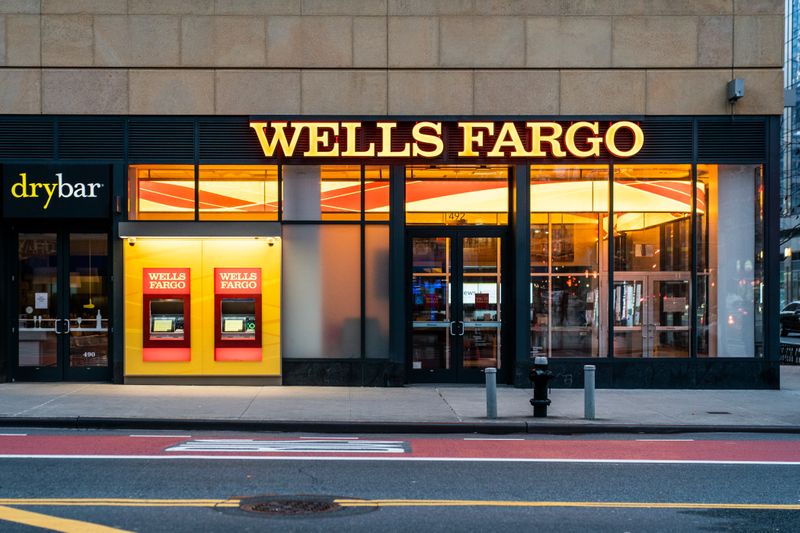By Senad Karaahmetovic
Wells Fargo senior analyst Christopher Harvey has closed the re-opening portfolio and instead introduced the recessionary portfolio after the “hard landing” became the bank’s base-case scenario.
“The recent pop in 2yr UST yields above 3% is our catalyst, indicating a more hawkish Fed and continued risk aversion. We believe the recession starts in the markets since the economy has the highest equity beta in decades—i.e., the stock sell-off weighs on sentiment, then discretionary spending, and ultimately the economy,” Harvey told clients in a note.
The analyst also discussed the “Fed mistake” as it allowed the QE to sustain until March 2022.
“The Fed continued to buy $80B of Treasuries + $40B of MBS monthly regardless of price, liquidity or any other market condition even as the economy was quickly recovering and consumer spending was rebounding sharply. This predictably created market inefficiencies and mis-allocations of capital,” Harvey added.
Harvey also urges investors to forget about the “Fed put” as that won’t be “triggered anytime soon.”
Discussing the timing of when the stocks could bottom out, Harvey says that will happen “when the market believes Fed hikes will begin to decelerate.”
“To get there, we will need to see jobless claims numbers continue to rise, suggesting supply/demand is better aligning and breakevens continue to decline (implying inflation expectations are abating). We believe this is still off in the distance.”
The bank’s Recession (low price-volatility) portfolio consists of tens of over 50 stocks, including the names like AT&T (NYSE:T), Comcast (NASDAQ:CMCSA), Lowe’s (NYSE:LOW), McDonald’s (NYSE:MCD), Coca-Cola (NYSE:KO), Johnson & Johnson (NYSE:JNJ), and IBM (NYSE:IBM).
